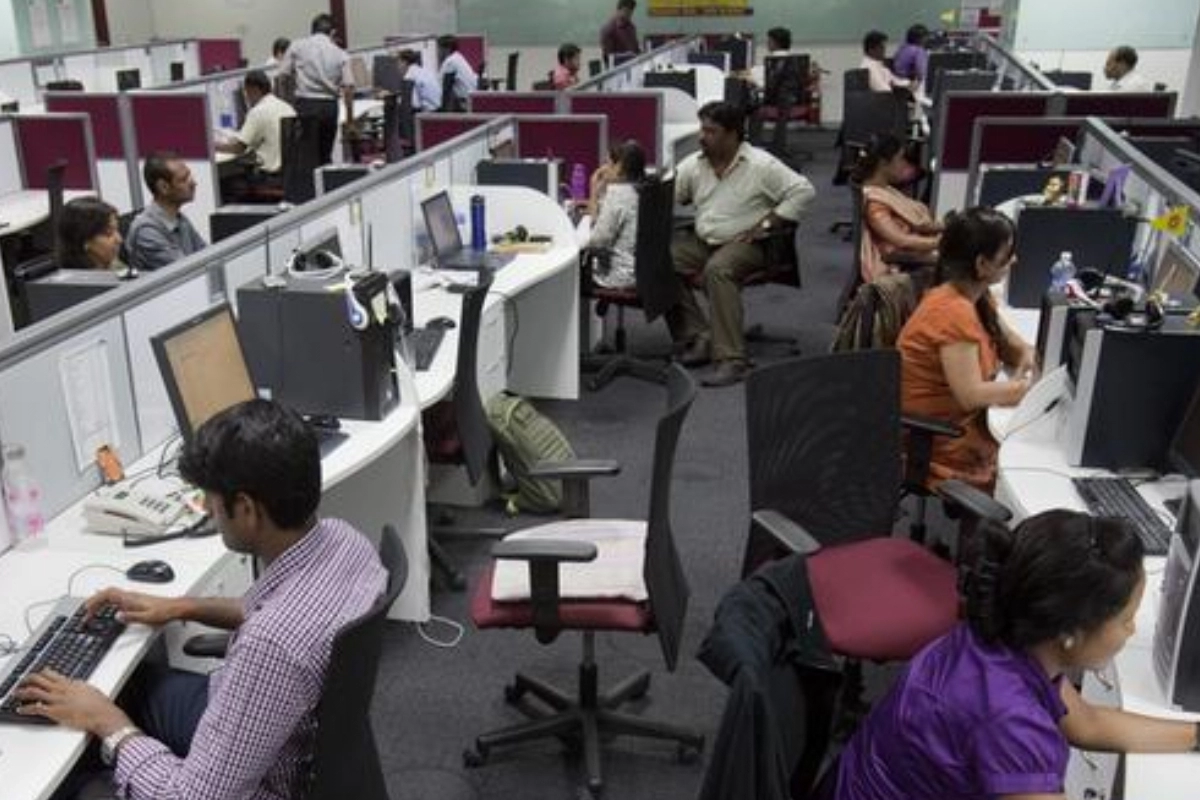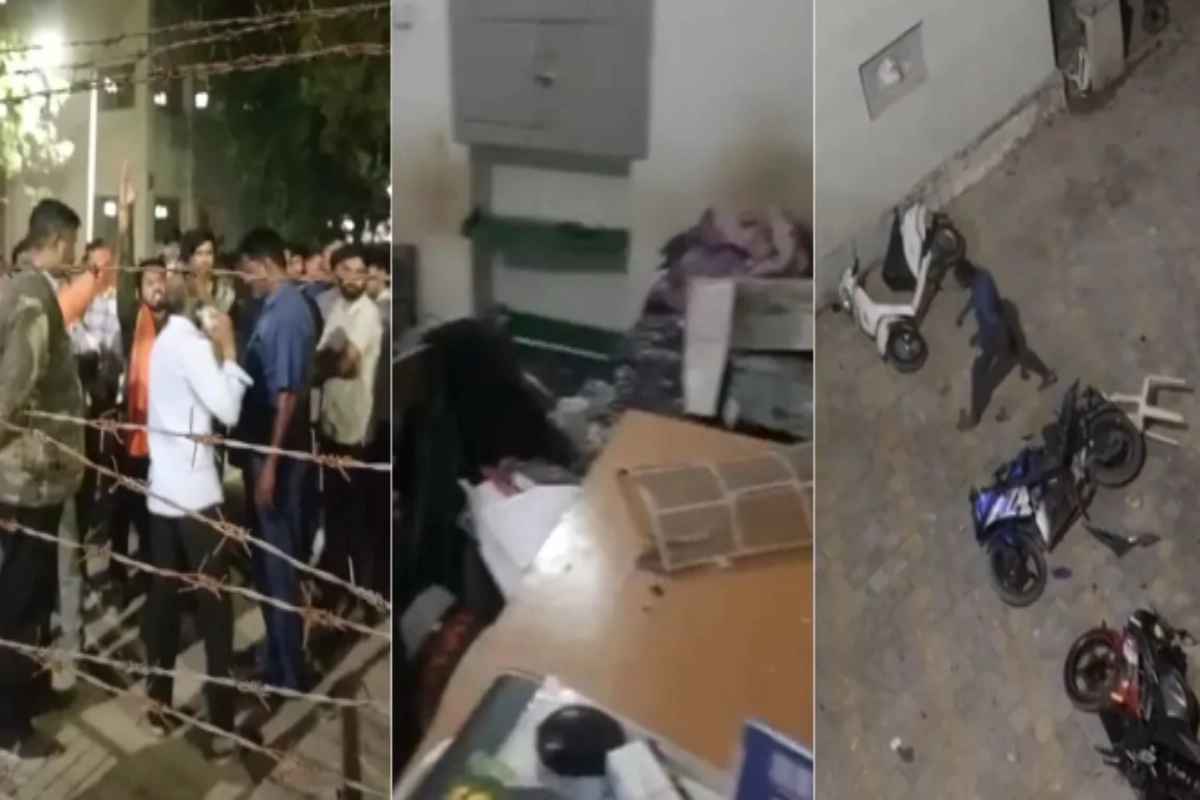Economic Growth: To find strategies to spark long-term economic growth in the face of global uncertainty, the government has formed 12 committees made up of key officials. According to a person familiar with government deliberations, the committees are trying to reduce the compliance burden on companies, encourage private investment in infrastructure, aid small firms, and promote job creation.
The government would establish strategies based on the recommendations to assist India match developed country characteristics in these sectors and develop an enabling infrastructure for growth over the following 25 years, the individual said while requesting anonymity. States and Union territories are represented on the committees.
The decision was made at a time when India’s exports and efforts to create jobs are being negatively impacted by a drop in demand worldwide brought on by rising interest rates. To encourage private investment and promote economic growth, the government has been increasing the amount it spends on infrastructure projects.
Six sub-themes serve as the foundation for the 12 working groups
The six sub-themes of the two overarching pillars of inclusive human development and growth and job creation serve as the foundation for the 12 working groups. Lessening regulatory compliances, infrastructure and investments, focusing on small enterprises, empowering women, health and nutrition, and skill development are among the six topics.
“The secretaries’ panels are working on identifying specific milestones to be achieved in each of these areas over the next 25 years so that they are on a par with developed country parameters. Based on these milestones, specific schemes and programmes needed will be drawn up. That work is going on,” stated a second individual who is also acquainted with the government’s talks. The aims will soon be translated into an action plan that will take into account the needs of both economic growth and the development of human capital, the source said.
Tamil Nadu is in charge of the group that evaluates the cost of regulation, while Punjab heads the group that focuses on lowering regulatory compliance. Gujarat is in charge of the working group on enhancing private investment, which has a focus on services, housing and real estate, and manufacturing.
In terms of urban infrastructure, urban transportation, highways and logistics, power, and industrial infrastructure, Madhya Pradesh is in the forefront.
Demonetization and the epidemic to be discussed thoroughly
The impact of demonetization and the epidemic, which had the greatest impact on micro, small, and medium-sized businesses (MSMEs), will dominate the discussion. In the grouping for formalisation, evaluation, closing the credit gap in MSMEs across sectors, and coordinating states’ and the Union government’s efforts for inclusion, Haryana is taking the lead.
During the second National Chief Secretaries Conference, which will take place in 2023, the main proposals of these groups will be reviewed.
The economic growth for the current fiscal year has been estimated by a number of sources to be close to 7%. The spokespeople for the finance ministry and NITI Aayog did not respond to emails addressed to them on Tuesday asking for comments for the article.
Madan Sabnavis, the chief economist at Bank of Baroda, stated that India has to build an infrastructure that facilitates growth.
Sabnavis said “The focus on reducing regulatory compliance has always been high on the agenda of the government but requires a push from states. This will also help improve private investment flows as the industry looks at different states and then takes a call on where to invest. If we do take this up seriously, it should create a spirit of competition where states work to attract more investment, which in turn will help to create jobs.” Therefore, he continued, the connection between increasing investment and creating jobs is where regulatory hurdles need to be removed.
He added, “This will help a lot over time. Hence, as we wait for the demand cycle to turn more favourable, which is the driving factor for investment, these clean-up operations will drive investment to the states which are more open.”
For states to use in FY23 for new or current projects, the Union government has allotted ₹1 trillion as interest-free 50-year capital expenditure loans.
Keep watching our YouTube Channel ‘DNP INDIA’. Also, please subscribe and follow us on FACEBOOK, INSTAGRAM, and TWITTER












